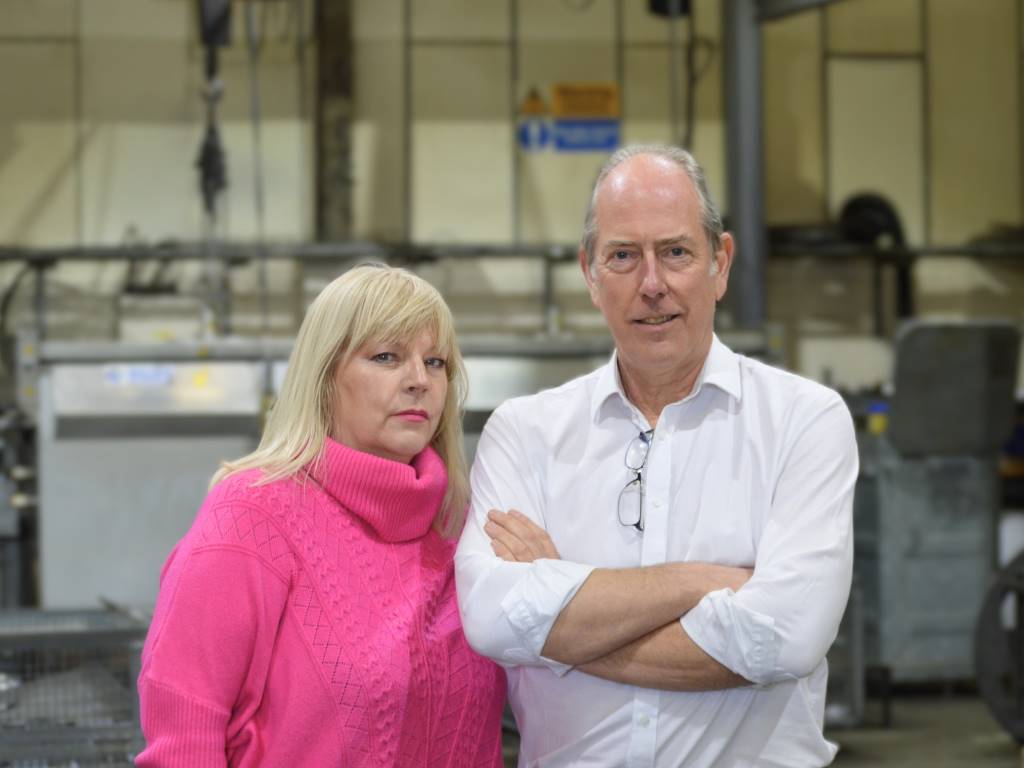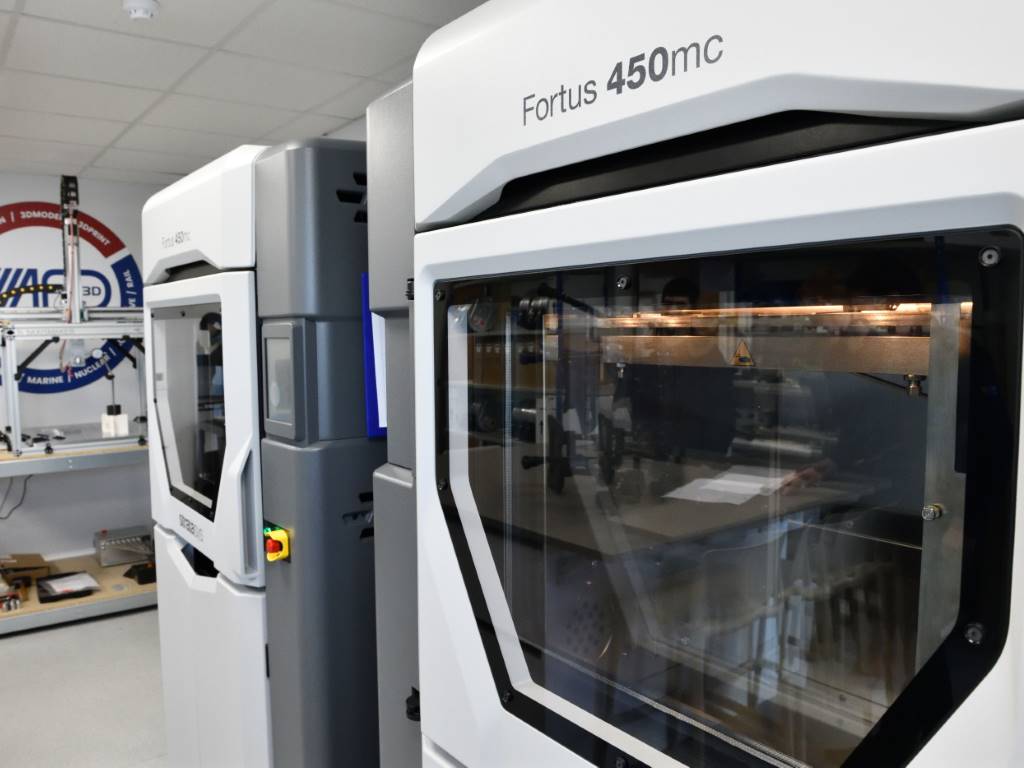Steely resolve
Whether it’s mining, shipbuilding or steelmaking, it’s always tragic when established industries that have thrived for generations fall
times.
It’s not just livelihoods that are at stake; entire communities can be devastated overnight. Britain was once a nation of these proud institutions but times have changed; the UK is no longer able to sustain these large industrial giants and that’s largely due to changing global market conditions and other influencing factors.
In recent weeks steel has been hit hard; very hard. Thailand’s SSI announced it was closing its Redcar works with the loss of 2,200 jobs and then parts of Caparo Industries went into administration putting 1,700 jobs potentially at risk. Adding insult to injury, Tata Steel has announced nearly 1,200 job losses in Scunthorpe and Lanarkshire.
Putting the economics of this to one side for the moment – that’s over 5,000 people with families, mortgages and bills to pay out of work. Industries that have supported sons and daughters, mothers and fathers, nans and grandads and aunts and uncles over decades suddenly are no more. But how has this been allowed to happen?
With steel a number of debilitating forces have been at work. In truth, demand for steel has never recovered to pre-recessionary levels and what’s making this worse is that the world’s largest producer of steel, China, is experiencing weak growth levels currently. This economic slowdown means Chinese steel producers are frantically seeking out new export markets – such as the EU – as home demand has stalled. The UK has seen the effects of this significantly; in 2014 we imported 687,000 tonnes of steel from China compared to 303,000 tonnes the year before.
Many blame these cheap Chinese imports at least partially for the demise of the industry, and in this case there’s no smoke without fire. China produces 270 million tonnes of steel a year compared to the UK’s 12 million tonnes and the accusation is that China is ‘dumping’ steel products onto overseas markets. It’s not just selling them cheaply; it’s selling them at a loss. Earlier this year, this resulted in the EU imposed anti-dumping duties for six months on some steel imports from China and Taiwan. Also a strengthening Pound has made our products far less competitive in overseas markets.
So what can be done? It’s a complex melting pot of contributing factors but the steel industry itself seems crystal clear on what it needs: lower business rates, a relaxation of carbon emissions targets for heavy manufacturers, more compensation for high energy prices and a commitment that British steel will be used in major construction projects.
The Government has said it is committed to supporting the UK’s steelmaking industry. If ever it needs to keep a promise, it’s now.
Dave Tudor
Editor/Director












